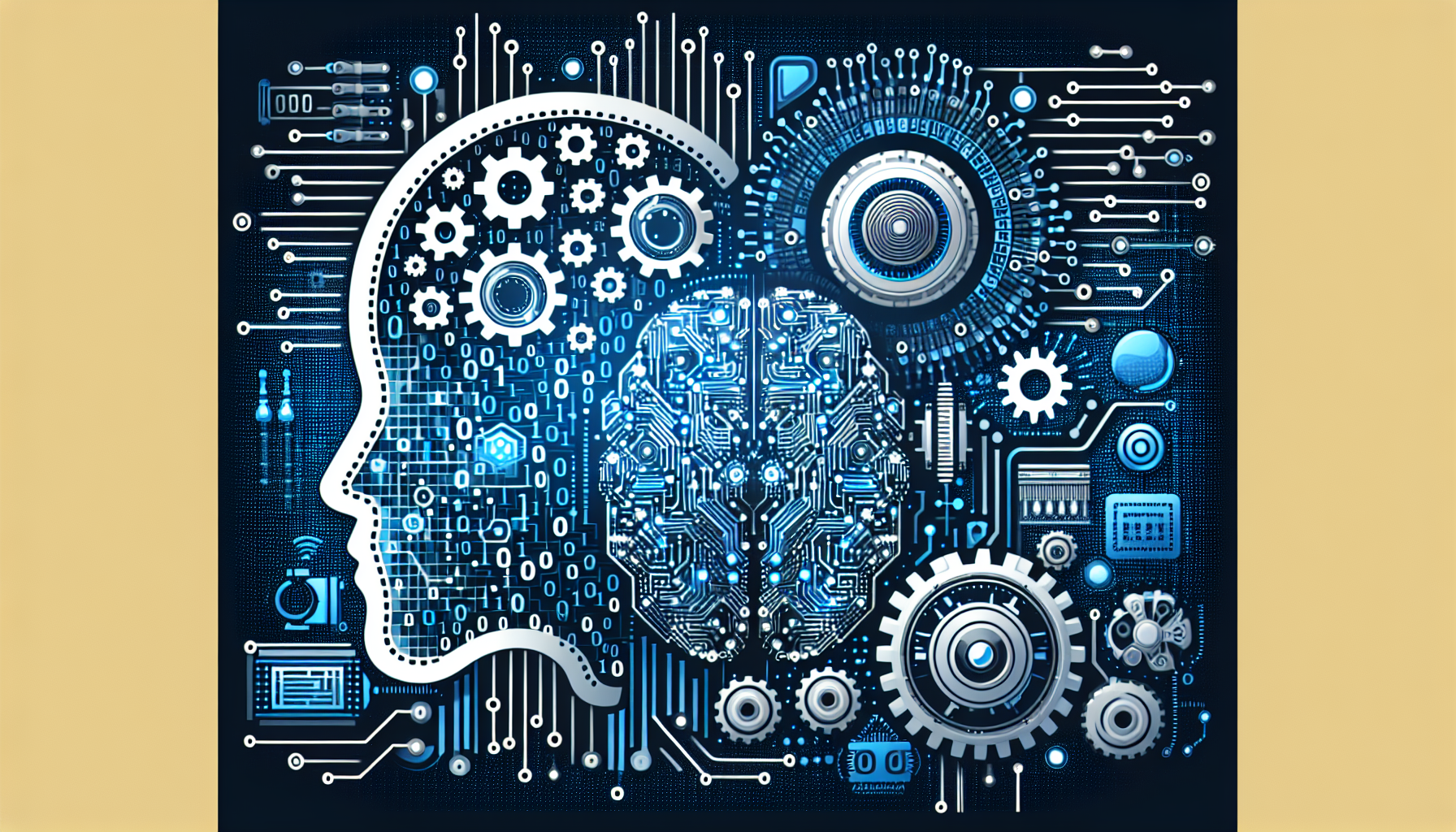Embracing AI and Automation in the Age of Digital Transformation
The Role of AI in Digital Transformation
Artificial Intelligence (AI) has become an integral component of digital transformation strategies across industries. Businesses leverage AI to enhance efficiency, streamline operations, and improve customer experiences. By integrating AI technologies, organizations can analyze massive data sets, derive actionable insights, and make data-driven decisions quicker than ever before.
At the core of AI’s impact on digital transformation is machine learning (ML), which allows systems to learn from data and improve automatically over time. This capability is vital in various sectors—from finance to healthcare—enabling predictive analytics that foresees trends and consumer behaviors.
Automation: The Catalyst for Increased Efficiency
Automation refers to technologies that perform tasks with minimal human intervention, freeing up valuable human resources for more strategic roles. Robotic Process Automation (RPA) exemplifies this trend by automating repetitive tasks that were traditionally performed by employees. RPA can handle functions such as data entry, scheduling, and invoice processing, which leads to enhanced accuracy and reduced operational costs.
Furthermore, intelligent automation combines AI with RPA to facilitate complex processes that require decision-making capabilities. For example, in customer service, AI-driven chatbots can automate inquiries and support, providing real-time assistance to customers while reducing the workload on human agents.
Enhancing Customer Experience with AI
AI-powered tools are reshaping customer interactions by utilizing data analytics to personalize experiences. For instance, recommendation engines enable e-commerce platforms to suggest products tailored to individual preferences, thereby enhancing user satisfaction and driving sales.
Moreover, sentiment analysis tools use natural language processing (NLP) to glean insights from customer reviews and feedback. Businesses can gain a deeper understanding of customer perceptions, allowing them to make quick adjustments to product offerings or marketing campaigns.
AI and Automation in Operational Efficiency
Operational efficiency is one of the most impactful areas where AI and automation shine. Businesses can optimize supply chain management by implementing AI algorithms that predict demand fluctuations and identify potential disruptions. By automating inventory management, organizations can ensure that stock levels are accurately maintained, which minimizes costs and enhances fulfillment rates.
Furthermore, predictive maintenance powered by AI can prolong the lifespan of machinery in manufacturing. By analyzing data from equipment sensors, AI systems can predict when a machine is likely to fail, allowing companies to perform maintenance before breakdowns occur, resulting in significant downtime savings.
The Workforce Evolution
Embracing AI and automation inevitably leads to a transformation in workforce dynamics. While there are concerns about job displacement, it’s essential to recognize the emergence of new roles focused on overseeing, maintaining, and enhancing AI systems. Continuous learning and adaptability become crucial as workers will need to possess digital skills as part of their professional landscape.
Companies must invest in training and upskilling initiatives to ensure employees remain relevant in this evolving job market. By fostering a culture of innovation and curiosity, organizations can equip their workforce to thrive in an age defined by AI.
Ethical Considerations and AI Governance
With the adoption of AI, companies face critical ethical considerations. Transparency in AI algorithms is essential to avoid biases that could affect decision-making processes, particularly in hiring or loan approvals. Therefore, businesses should implement robust AI governance frameworks to guide the ethical use of technology.
Moreover, organizations should prioritize data privacy and security. As AI systems often rely on vast amounts of data, ensuring that compliance with regulations like GDPR is crucial for maintaining customer trust and avoiding legal repercussions.
The Future Landscape of AI and Automation
Looking ahead, the potential for AI and automation continues to expand. Advances in quantum computing and AI models promise to unlock capabilities that are currently unimaginable. For instance, enhanced real-time analytics can revolutionize sectors like healthcare, where timely intervention could save lives.
Conversely, the growing reliance on AI demands a balanced approach toward human-machine collaboration. Establishing an ecosystem where humans and machines complement each other’s strengths will be critical in navigating the complexities of this new era.
Strategies for Successful AI Adoption
For organizations seeking to adopt AI and automation effectively, developing a clear strategy is paramount. Here are some essential considerations for a successful transition:
-
Assess Current Capabilities: Understand existing processes and identify areas where AI and automation can add value.
-
Set Clear Objectives: Define what success looks like for your organization. Establish measurable goals that align AI initiatives with business objectives.
-
Choose the Right Tools: Research and select AI technologies that best fit your organization’s needs, whether they involve machine learning, NLP, or RPA.
-
Encourage a Culture of Innovation: Foster an environment where experimentation is encouraged, and employees feel empowered to suggest new ideas or solutions.
-
Monitor and Adjust: Continuously evaluate the performance of AI systems and be willing to pivot strategies based on outcomes and feedback.
Conclusion and Call to Action (implicit)
Companies today stand at the forefront of a digital revolution that demands embracing AI and automation. By confronting challenges head-on and capitalizing on the myriad opportunities these technologies present, businesses can secure a competitive advantage in their respective industries. Investing in a future where AI and automation enhance human capabilities unlocks a landscape of endless possibilities and potential prosperity. Organizations that act now will undoubtedly shape the industries of tomorrow.


